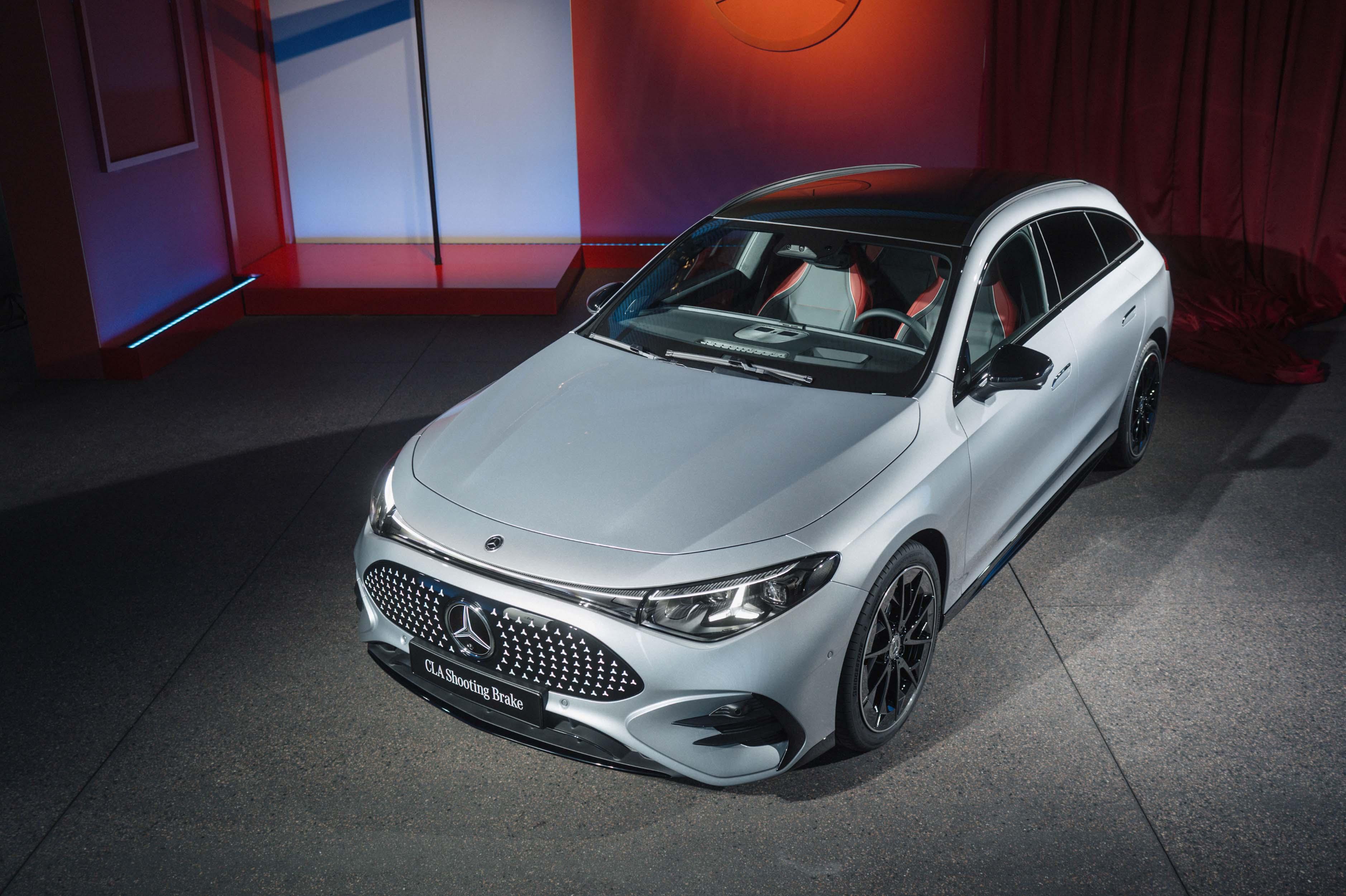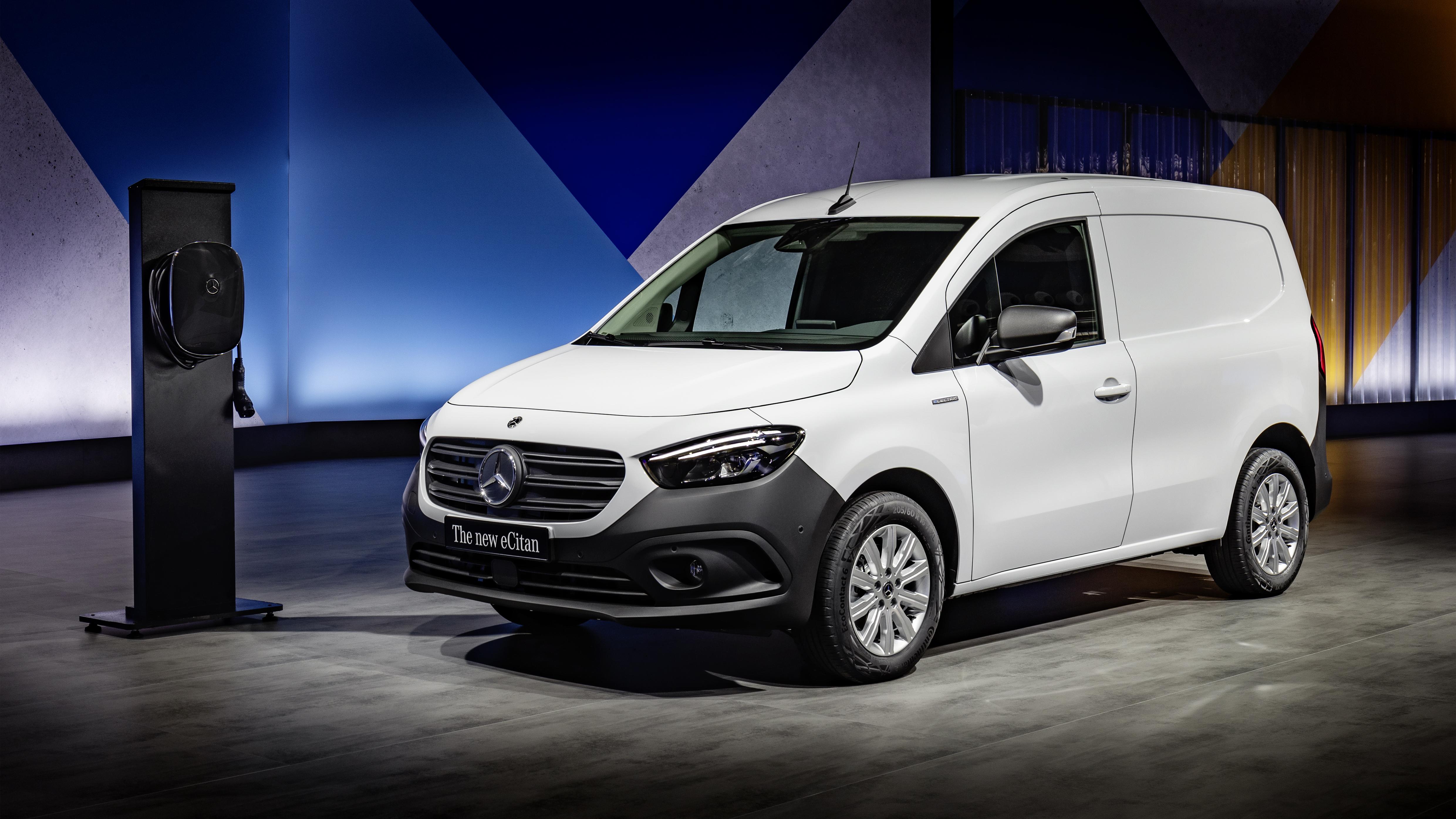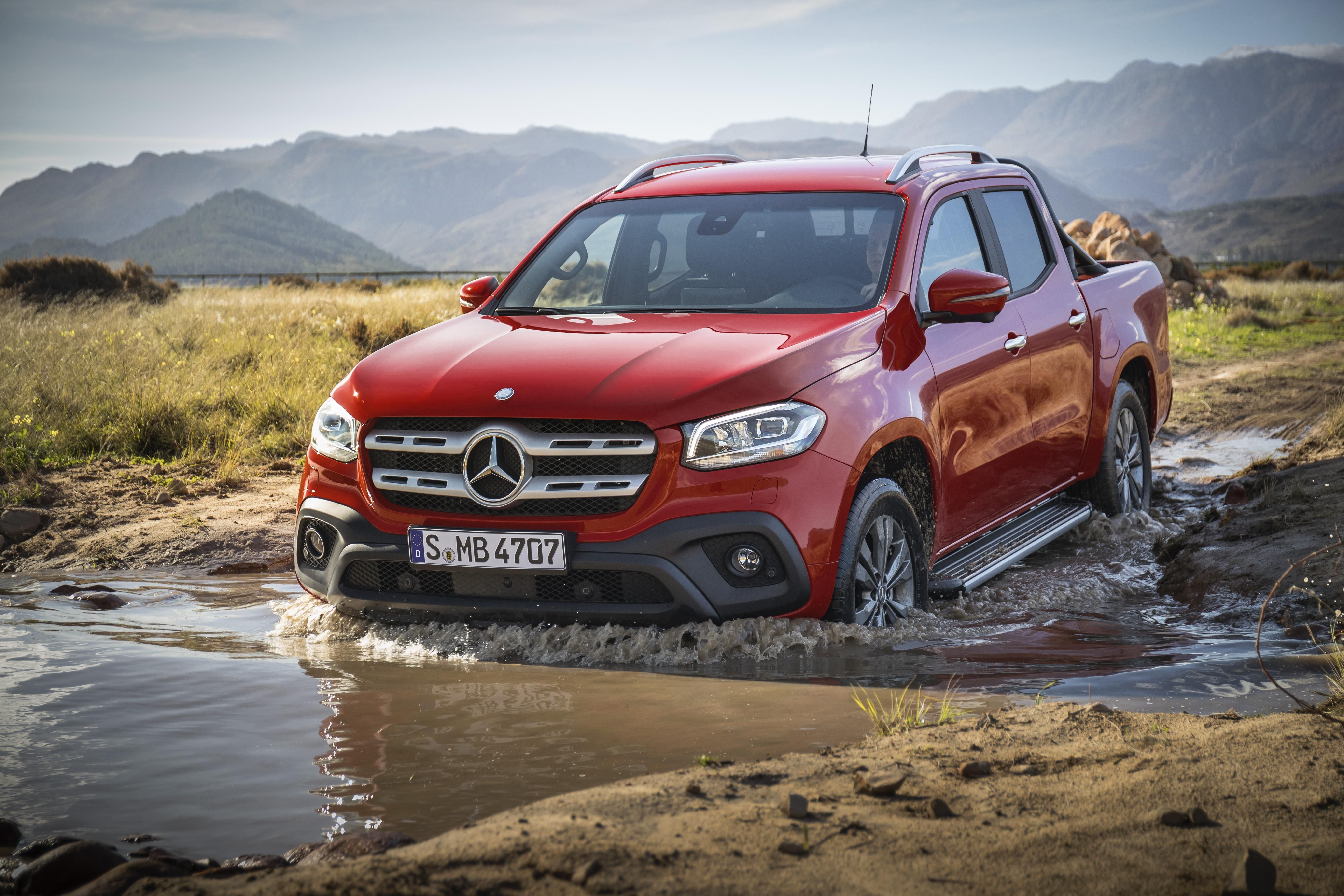Markus Schaefer, chief technology officer at Mercedes-Benz, has denied reports the automaker plans to use four-cylinder engines from luxury rival BMW.
Reports emerged from Europe at the end of August indicating Mercedes-Benz was in high level talks with BMW to use its next-generation 2.0-litre four-cylinder engine.
The BMW engine was to reportedly serve as a replacement for the 1.5-litre turbocharged four-cylinder used in the CLA, GLA and GLB. It would also be employed in plug-in hybrid variants of the C- and E-Class lineups.
Under this plan, the first BMW engines would then start entering the Mercedes-Benz in 2027, and would help both companies to reduce development costs and improve economies of scale at a time when all legacy automakers are grappling with how to approach electrification.
CarExpert can save you thousands on a new car. Click here to get a great deal.

When asked at the recent Munich motor show about any plans to share engines with BMW, Mr Schaefer told Motor1 unequivocally: ‘There is no truth to this. We have developed our own new family of modular engines [FAME] which covers all displacements, and are already compliant with EU7, China 7, and US regulations.”
The FAME family was first launched four years ago, and will form the basis of the company’s four-, six-, eight- and twelve-cylinder engines.
Mr Schaefer confirmed the company’s new high-performance V8 is nearing completion, and V12 engines remain part of the automaker’s planning.
While Mercedes-Benz using BMW engines is, seemingly, a no-go for now, the automaker does employ engines co-developed with other manufacturers. Most notably some of its transverse four-cylinder engines were designed with the Renault-Nissan-Mitsubishi Alliance, with some even built by Horse, Renault’s engine joint venture with Geely.


In the commercial vehicle realm, Mercedes-Benz also dabbled in some badge engineering or cross-company platform sharing, depending on how you choose to define these things.
Most notably the Citan van is a reworked Renault Kangoo (above), and the short-lived X-Class (above) ute being a heavily revised Nissan Navara.
Despite their long-standing rivalries, Germany’s automakers – the Volkswagen Group, BMW, and Mercedes-Benz – recently teamed with up the nation’s auto suppliers to jointly develop underlying connected vehicle software.
MORE: Everything Mercedes-Benz
